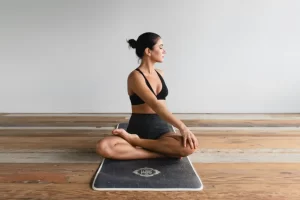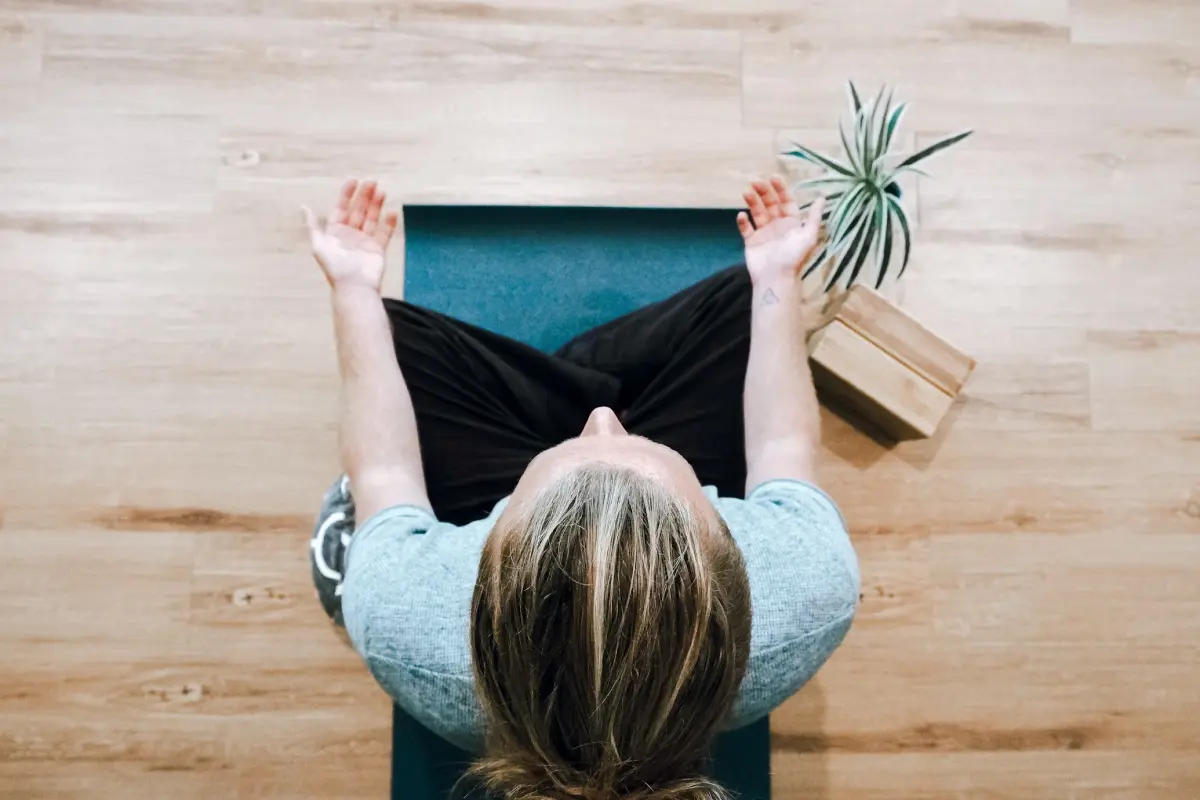In today’s fast-paced world, finding moments of peace and tranquility can seem like a daunting task. However, the ancient practice offers a beacon of calm amidst the chaos. Rooted in various cultural traditions and recognized for its profound benefits on mental, emotional, and physical health, meditation has surged in popularity. Whether you’re seeking stress relief, improved concentration, or a deeper sense of self-awareness, starting a meditation practice can be transformative. Here, we explore seven effective strategies to help you embark on your meditation journey.
1. Understanding the Essence of Meditation
Before diving into the practice, it’s crucial to understand what meditation entails. At its core, meditation is the practice of turning your attention inward, focusing on the present moment, and cultivating a state of awareness without judgment. It’s not about becoming a different person, emptying the mind, or achieving a state of eternal bliss, but rather learning to be present and at peace with where you are and how you feel.
2. Creating a Dedicated Space
One of the first steps to incorporating this into your life is to designate a specific area for your practice. This doesn’t have to be an entire room but can be a quiet corner free from distractions. You might include items that enhance your focus or relaxation, such as cushions, a yoga mat, calming pictures, or even a small altar. The key is to create an environment that signals to your brain that it’s time to slow down and meditate.
3. Starting Small
One of the biggest hurdles for beginners is the misconception that it requires long periods of sitting in silence. Start with short, manageable sessions— even five minutes can be beneficial. Gradually increase the duration as you become more comfortable with the practice. Remember, the quality of your meditation is more important than the quantity. Consistency over time is what cultivates the true benefits of meditation.
4. Exploring Different Techniques
There are numerous meditation techniques, each with unique benefits and approaches. Some popular methods include:
- Mindfulness Meditation: Focuses on the present moment, observing thoughts, feelings, and sensations without judgment.
- Concentration Meditation: Involves focusing on a single point, such as your breath, a mantra, or an object, to train attention and awareness.
- Loving-Kindness Meditation (Metta): Centers on developing an attitude of love and kindness towards everything, even sources of stress and difficulty.
- Body Scan Meditation: A form of mindfulness meditation where you focus on different parts of the body, noticing any sensations or tensions.
Experiment with different styles to find what resonates best with you.
5. Incorporating Technology Wisely
In the digital age, technology can be a double-edged sword. While it’s often a source of distraction, it can also serve as a valuable tool for meditation. Numerous apps and online platforms offer guided meditations, tutorials, and communities for support and motivation. Utilize these resources wisely to enhance your practice, but be mindful not to let technology become a crutch or a source of distraction.
6. Cultivating a Routine
Integrating meditation into your daily routine can enhance its benefits and ensure consistency. Identify a time of day when you’re less likely to be interrupted—many find morning or evening ideal. However, the best time is one that fits seamlessly into your schedule. The regularity of your practice reinforces it as a habit, making it a natural part of your daily life.
7. Embracing Patience and Compassion
Lastly, approach your practice with patience and self-compassion. Progress may be slow, and there will be days when your mind wanders incessantly or sitting still feels impossible. Recognize that this is part of the process. Each moment of awareness during your practice is a step forward. Be gentle with yourself, and remember that meditation is a journey, not a destination.
In Conclusion
Embarking on a meditation journey is an act of kindness towards yourself. It’s a commitment to exploring the depths of your mind and cultivating a sense of peace and awareness in your life. By understanding the essence of meditation, creating a dedicated space, starting small, exploring various techniques, wisely incorporating technology, cultivating a routine, and embracing patience and compassion, you set the foundation for a transformative practice. Remember, the path of meditation is unique for everyone; embrace your journey with an open heart and mind.












